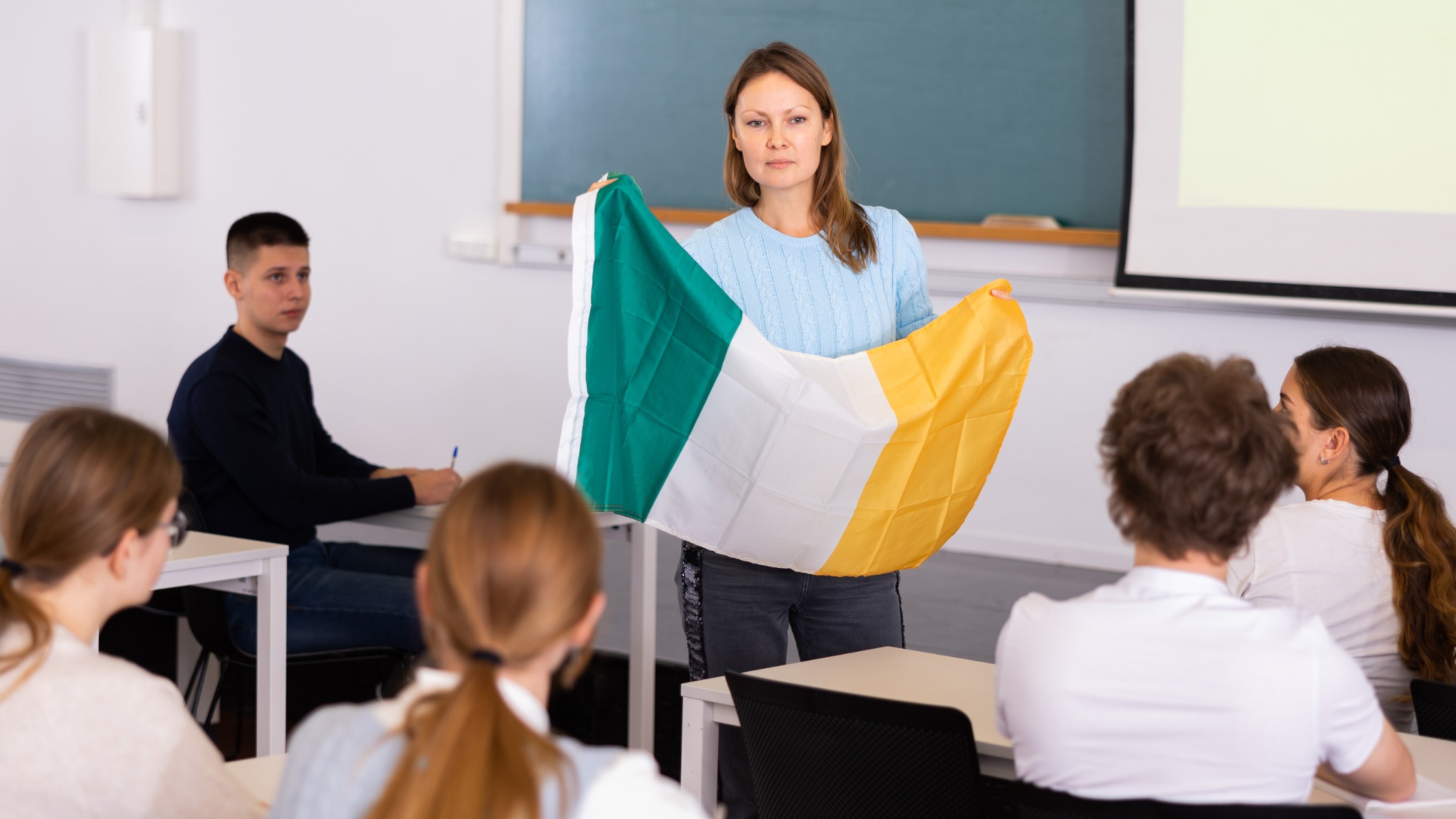As St. Patrick’s Day approaches and Seachtain na Gaeilge unfolds, a wave of patriotism inspires me to reflect on the Republic of Ireland’s remarkable attributes despite the naysayers.
The nation has seen notable advancements in demographics and economics over its 50 years of EU membership. Life expectancy has soared from 71 to 81.5 years, incomes per capita have quadrupled, and the workforce has expanded from one million to over 2.5 million.
Additionally, Ireland has become a global leader in scientific research across various fields, underscoring its success as a nation. According to the UN’s Human Development Index, Ireland ranked as the 20th best country in the world in 2001 and climbed to eighth place by 2021.

This progress underscores the vital role of governance in shaping prosperity. Despite challenges posed by globalized capitalism and policy shortcomings, Ireland has excelled in governance, establishing consistent policies to enhance living standards.
Moreover, Ireland boasts a robust democracy. Recent referendums, such as those rejecting proposed constitutional amendments, highlight the electorate’s influence and the nation’s commitment to civil discourse. Ireland has avoided significant electoral surges towards the hard right unlike many European countries.
Politically, Ireland has been fortunate. Throughout its history, no authoritarian figures have capitalized on popular discontent.
Political debates are lively yet respectful, with leaders living modestly among their constituents, a stark contrast to the opulent lifestyles of some neighboring leaders.
Comparisons with neighboring nations accentuate Ireland’s strengths. While Ireland thrives, Britain grapples with post-Brexit uncertainty and a resurgence of nationalism. Economic divides persist, and extremist rhetoric threatens social cohesion.
Challenges persist, including housing shortages, healthcare inefficiencies, and transportation limitations. Like many Western countries, Ireland struggles with growing inequality, evidenced by a concentration of wealth among a few individuals.
Despite these challenges, Ireland remains a beacon of multiculturalism and opportunity. Dublin exemplifies vibrancy and diversity, attracting immigrants from around the world. The city’s multicultural tapestry reflects Ireland’s welcoming spirit and progressive ethos.
Looking ahead, I hope voters acknowledge the contributions of established political parties to Ireland’s prosperity and stability. In Northern Ireland, I urge Protestants to embrace the new Ireland, shed outdated stereotypes, and contribute to its vibrant future.
On a personal note, my wife, a native Irish speaker, cherishes Ireland’s free travel for seniors, the resurgence of the Irish language, and the warmth of interpersonal connections.
She also celebrates Ireland’s rich cultural heritage and its accessibility to stunning natural landscapes—a testament to its unparalleled beauty and charm. Ireland is a testament to resilience, progress, and inclusivity—a nation worthy of pride and admiration.
